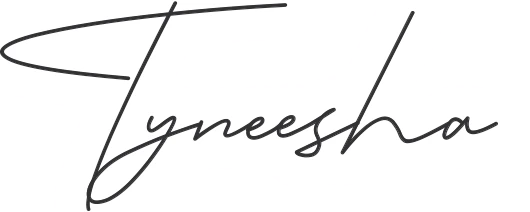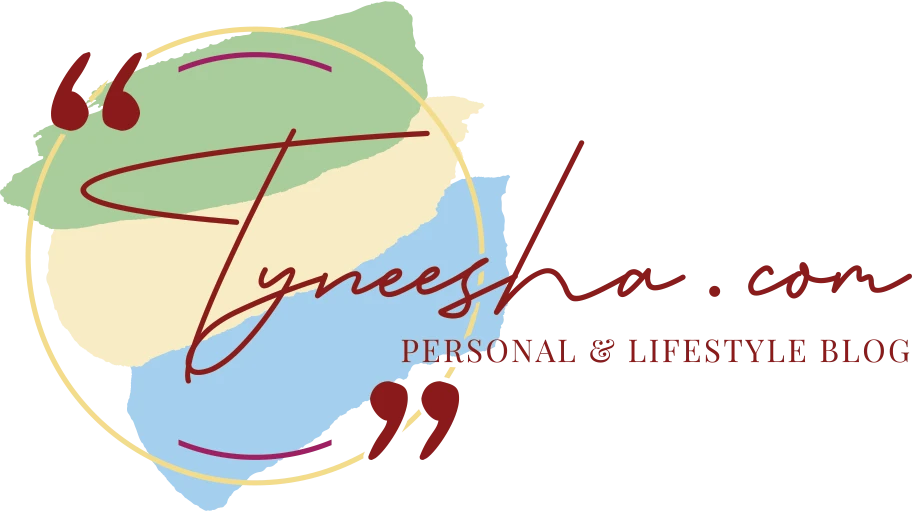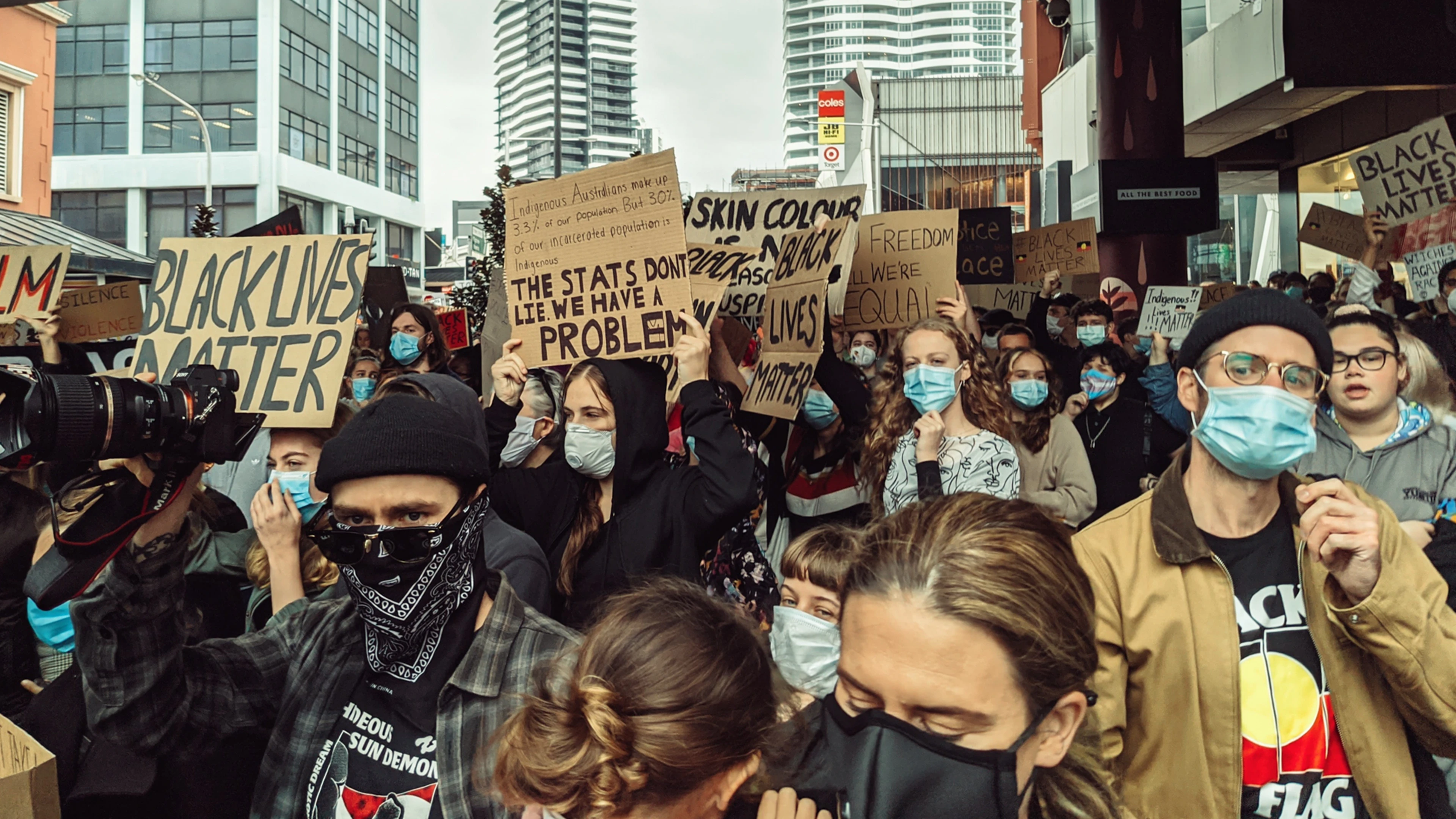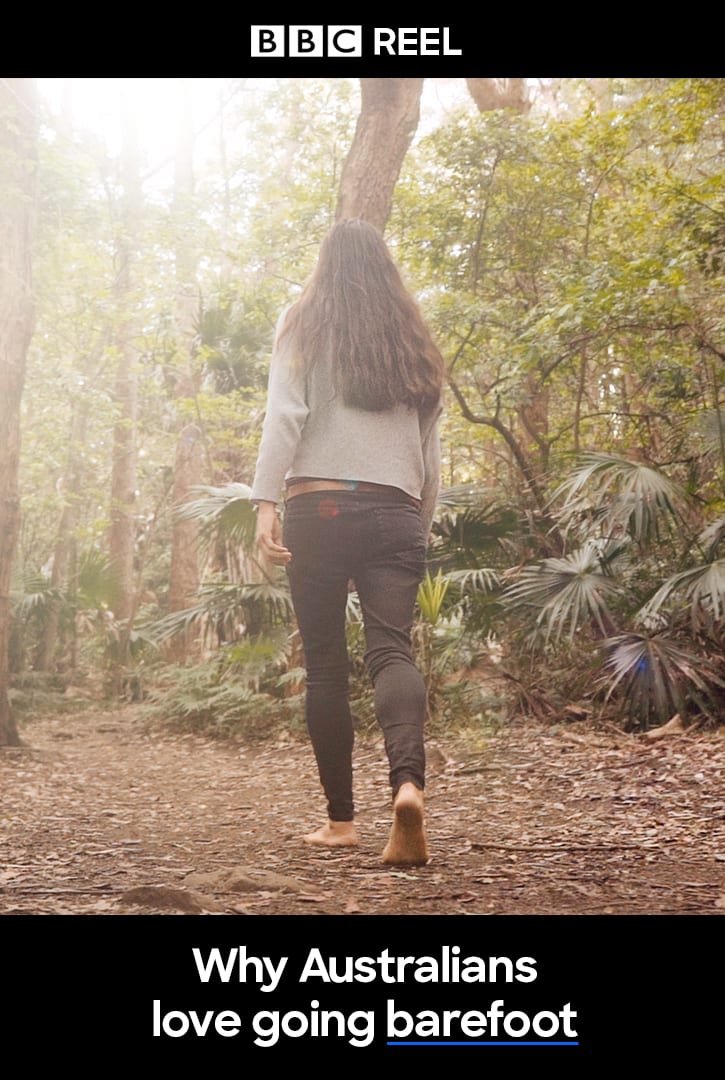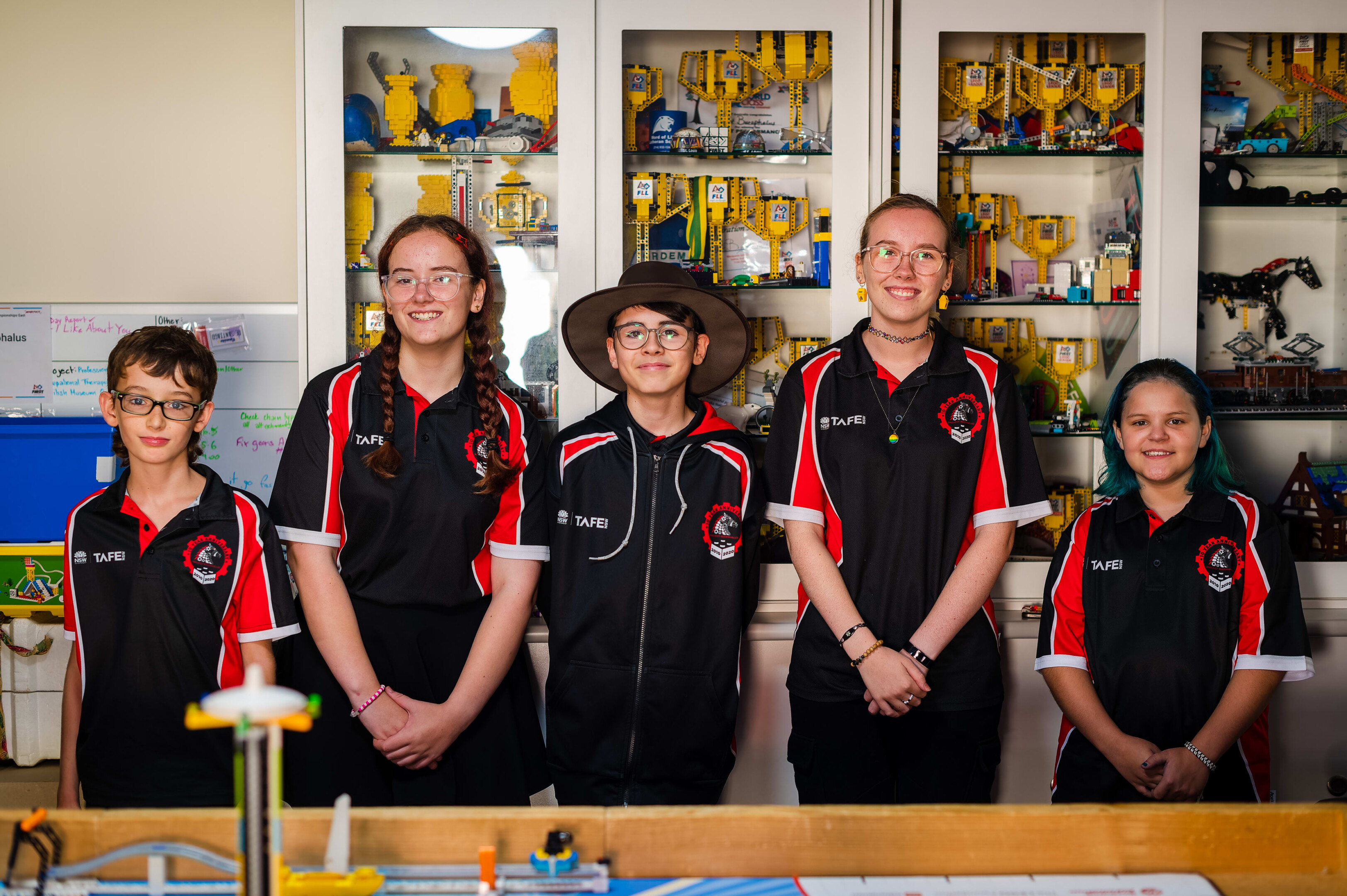19th April, 2024
Protests are being held at a global scale following the death of George Floyd last month, including one to be held on Saturday in Wollongong.
It has almost been a month since George Floyd was killed in Minneapolis on May 25th. The past week alone has demonstrated the massive ripple that Floyd’s death catalysed, seeing hundreds of protests worldwide held in solidarity with the Black Lives Matter movement.
The Ghanaian president Nana Akufo-Addo tweeted an image of George Floyd captioned “Black people, the world over, are distraught by the killing of an unarmed black man”. Nigeria saw a dozen citizens holding placards reading “Black lives matter” protesting in solidarity outside the U.S embassy. A video of Auckland Black Lives Matter protesters doing the Haka was shared over 40,000 times on Twitter. Protesters in Sao Paulo in Brazil threw rocks at police in a backlash against corrupt, racist policies of their president. Syrian artist Aziz Asmar created a mural inspired by Floyd’s death, “to send a message to the world that despite the international negligence and blindness of the killing of civilians in Syria over a period of 10 years, we have a humanitarian duty to sympathize with all the oppressed in the world.”. Belgium protesters demanded the removal of statues of Leopold II, in agreeance with the dismantlement of monuments in other countries such as a statue of British slave trader Edward Colston and the US monuments to the Confederacy.
While millions of people have taken to the streets to stand up for the movement in the physical world, the pandemic has brought public attention to the potential power of social media in affecting human affairs, spreading information and inspiring meaningful change. The digital presence of the Black Lives Matter movement in social media spaces right now is one at a scale that the global community has never before seen. People can participate in online activism by sharing information, signing petitions, raising awareness and funds, and calling for change publicly and globally in a way which was not possible or facilitated at any other major point in history. #BlackLivesMatter trended globally on all major social media platforms within a day following Floyd’s death. Communities, both caucasian and indigenous are being encouraged to educate themselves on the injustices and inequality suffered by the indigenous peoples at an unmatched scale and urgency.
Australia’s input and involvement have been focused on the systematic mistreatment of indigenous communities and individuals, as well as solidarity for the cause of US police brutality.
A speaker at Wollongong’s first BLM protest, Uncle PJ Crews explained, saying; “In the early days, the government was blatant in what they did. They came in, and mass murdered our people. It was because of the outcry from the outside world that those things stopped. It was overt racism. And the government devised a new tactic of covert racism. Wherein racism thrives within political systems.”
He explained that the government inquest into the 360+ indigenous deaths in custody was justified by claims that “over 200 years of stress and trauma inflicted on aboriginal people from government systems has caused aboriginal people to be psychologically imbalanced”, and therefore prisoners would take their own lives at a much higher rate than non-indigenous people.
Slogans and chants such as “Silence is Violence”, “defund the police“, “I stand with you”, “no justice, no peace” and of course, “black lives matter” are being used to display solidarity, spread awareness and affect change worldwide.
The impact of these mass protests is most evident in the detail that they are taking place despite the risks involved with the COVID-19 outbreak. While restrictions have been placed on protesting in most countries involved, largely governments have not blatantly refused citizens of their right to protest. Two weeks ago a decision made by the supreme court to refuse permission to protest on account of public health concerns was overturned to allow Australian citizens their freedoms to speak up.
Police this week applied to the Supreme Court for an order to prohibit the rally. This order was granted on account of public health concerns. A Facebook post from the organisers, however, stated that the protest will be going ahead regardless, and will now be held at McCabe Park at 1 pm instead of the mall.
Organisers state “The court ruling is based on public health grounds, but we say that discounts the detrimental and violent effect police have on Indigenous lives. 437 deaths in custody is 437 too many,
“Attacks on the right to protest are a clear example of how the police and the government would dearly wish to silence critics against the systemic racism of the police force.”,
“Despite the crowd reaching the thousands at the last Black Lives Matter protest, there has been no spike in community transmission.”,
It is more important than ever to fight against systemic racism in the police force and to repel the attacks on the right to protest, and this must be done on the streets!”
